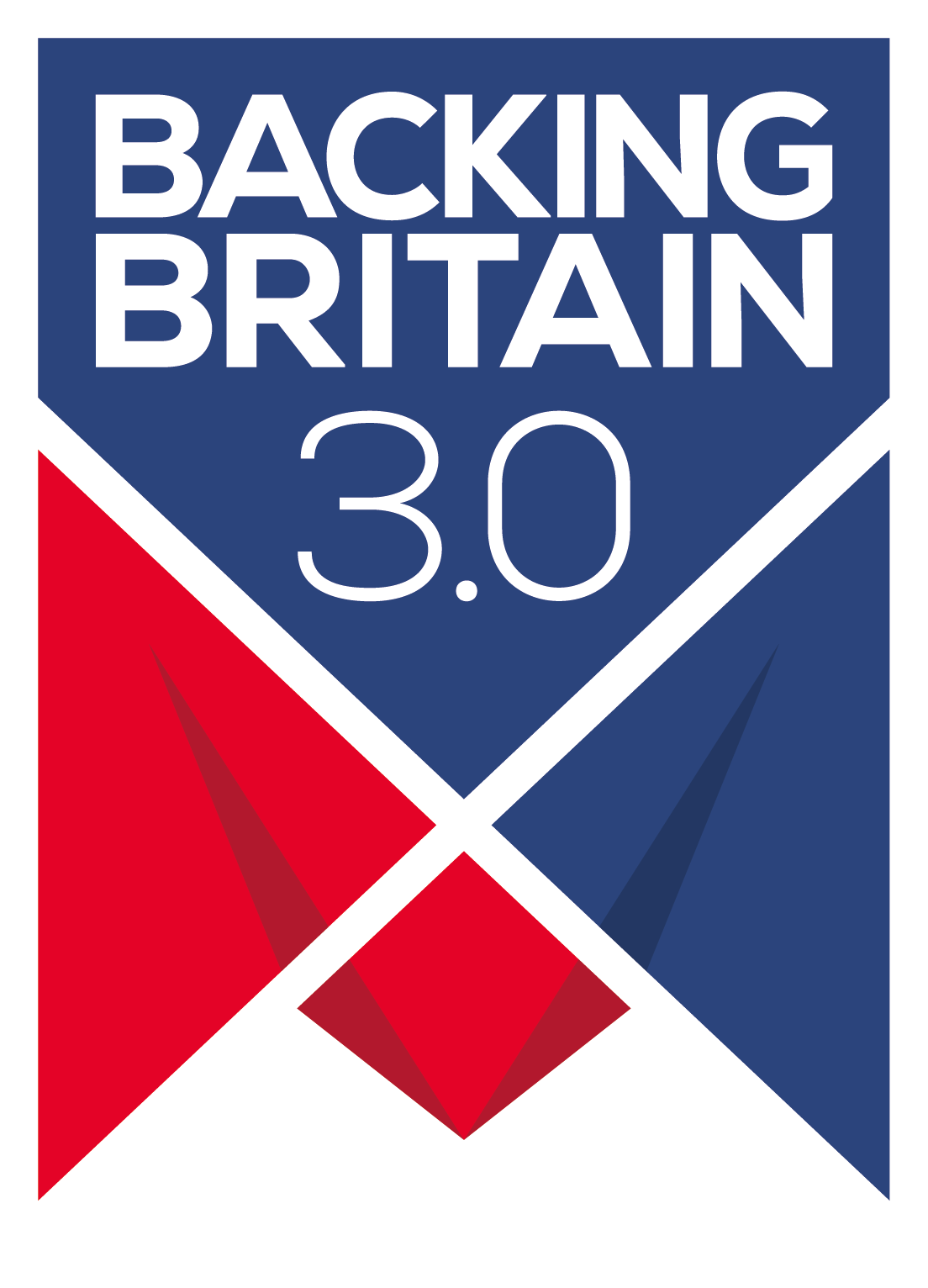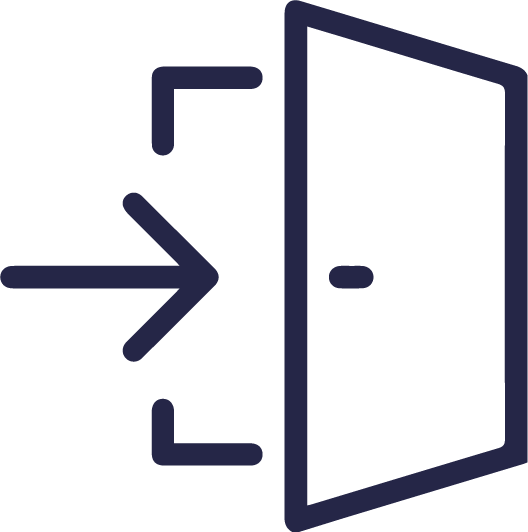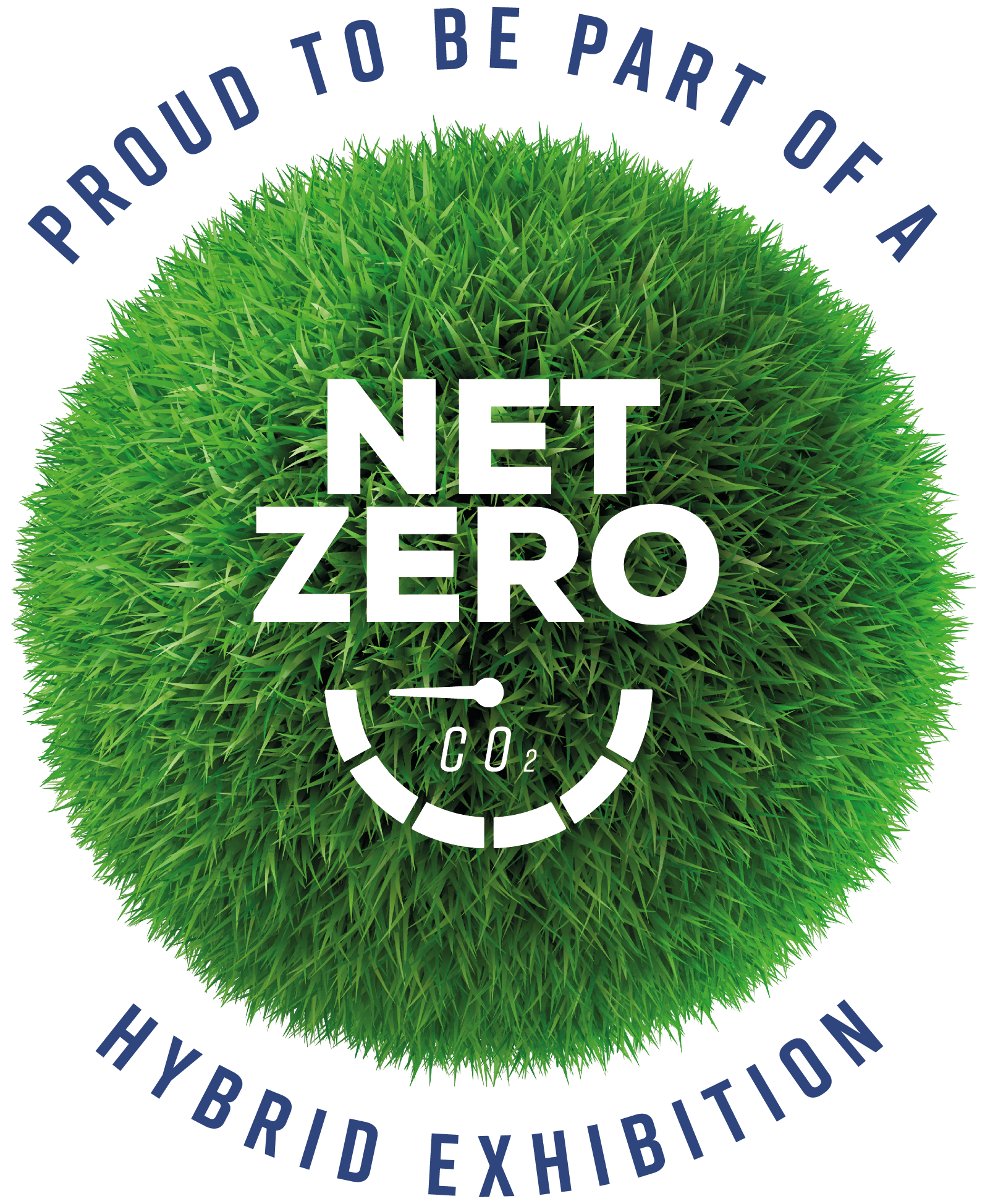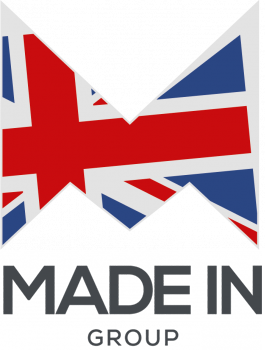
Never, Never, Never Give Up: The Relentless Spirit of John Inglis, Founder of Exactaform Cutting Tools
By Ilona Pitt, Made in the Midlands
Speaking to John Inglis at Exactaform’s Coventry headquarters, I wasn’t just interviewing a founder - I was meeting a man who, for perhaps the first time publicly, opened up with remarkable honesty about his personal struggles, including undiagnosed dyslexia. That level of candour reflected decades of resilience, wisdom, and deeply rooted values - and made this conversation all the more profound. Now 80, John is still involved in the business he started over four decades ago.
Today, Exactaform is a thriving global operation employing over 100 people across the UK and U.S., known for its advanced diamond tooling solutions and investment in both people and precision. Its Coventry headquarters stands as a symbol of purpose-built excellence - proof of what can grow from humble beginnings.
John's voice is clear, his memory sharp, and his philosophy on life distilled into five words: "Never, never, never give up."
This interview is more than a reflection - it's a landmark conversation with one of manufacturing’s quiet titans. A man who built something from nothing. Who stayed the course when walking away might have been easier. And whose story now deserves its place in the spotlight.
Ilona Pitt: John, take me back to the beginning. What first drew you to engineering?
John Inglis: I suppose I always had an interest in how things worked. But at school I struggled a lot. Dyslexia wasn’t diagnosed back then. I just knew I couldn’t read or write properly like the others. But I could understand things by doing. I’d take things apart. Fix things. You learn to work around it.
IP: That must have been incredibly hard as a child - to feel different without anyone explaining why.
JI: It was, but I never felt sorry for myself. You just get on with it. And over time, you realise you see things others don’t. That can become your strength. I think it taught me patience, and how to listen, really listen - because I wasn’t always able to follow written instructions.
IP: Before we move on, I want to pause for a moment on the dyslexia. You've opened up about it so honestly - did it affect how you saw yourself as a young man?
JI: Massively. For a long time, I thought I was stupid. The day I left school, the headmaster said, "When you can read and work properly, send us a letter." That line stuck with me and it summed up how misunderstood I felt. I couldn’t explain it to anyone, there wasn’t even a name for it back then. Teachers didn’t understand, and there was no extra help. You were just left behind. But it forced me to develop other strengths. I became very visual, I could picture things in 3D in my head. That helped later when I was designing tooling. And it gave me empathy, too. I look for the potential in people others might overlook, because I know what that feels like.
IP: That’s powerful. So in a way, your biggest struggle became your greatest asset?
JI: Exactly. I wouldn't wish the frustration on anyone, but in hindsight, it shaped everything.
JI: I left school with nothing really. Just the need to work. I got into engineering roles, starting from the bottom. Learned everything on the job. I made mistakes, a lot of them, but I always showed up the next day. That counts for something.
IP: Did you have mentors who believed in you early on?
JI: Not really, no. I had to believe in myself. You earn people’s respect through consistency. Being dependable. Turning up even when it’s difficult. Eventually, people notice that.
IP: And what kept you going during those early years?
JI: You have to keep something in your head - a picture of what you’re aiming for. Even if no one else sees it yet. That vision carried me through.
IP: So what made you take the leap and start Exactaform in 1979?
JI: I was tired of being told what I couldn’t do. I thought, if I’m going to work hard, I might as well do it for myself. I didn’t have a plan to build a big company. I just wanted to make good stuff. And I knew I could.
IP: That’s a big leap of faith.
JI: It was. I had no safety net. No limited company structure back then - just me. But sometimes, the best way to commit is to have no way out.
IP: And you started as a sole trader?
JI: That’s right. Just me, a machine, and a belief. I took jobs that no one else wanted, complicated ones. I had to be flexible. I did everything myself in those early days. I’d machine during the day, deliver parts in the evening, and do paperwork late at night. But it built something solid.
IP: Were there key moments that changed the business?
JI: As the business evolved, we started taking on more technically demanding work, especially when we moved into aerospace and motorsport. That pushed us to raise our game. Suddenly we were doing what no one else was. That opened up a lot of doors. But the mindset stayed the same: precision, consistency, doing things properly.
IP: That must have felt like validation.
JI: It was. But you can’t get complacent. Every new order is a new test.
IP: Any turning points that really tested your approach?
JI: Aerospace definitely pushed us forward. The standards were higher, tolerances tighter. It made us sharper as a company. We had to step up - and we did.
IP: You’ve clearly faced a lot of challenges over the years. What kept you going?
JI: You don’t walk away. You build a team and they believe in you. You have to be worthy of that. Even when it’s tough, especially then, you keep showing up. You don’t let people down.
IP: That loyalty really shines through. You built something not just with machines, but with people.
JI: People are the business. You can have all the equipment in the world, but if you haven’t got people who care, you’ve got nothing. We had people who stuck with us through thick and thin. That’s what I’m most proud of.
IP: What would you say was one of your proudest moments with the business?
JI: Without a doubt, opening the new purpose-built facility in 2017. That was a milestone. It meant we'd not only survived, but grown in the right way. Walking into a space designed for our people, with our values in mind - that was special. It felt like a reward for years of doing things properly.
IP: And how did you approach financing growth through the years?
JI: Carefully. I’ve never liked the idea of borrowing more than we can handle. We reinvested what we earned. Slow, steady, sustainable growth. It might not be flashy, but it’s kept us strong. I’ve always said: don’t build something that can collapse the moment things get tight.
IP: You mentioned earlier that people are what you're most proud of. Can you share an example of someone you mentored or brought through the business?
JI: There was a lad once, who came to us after being let go somewhere else. Young, a bit lost, but smart. I gave him a shot. Trained him myself for months. He’s still with the company today, leading one of our teams. That’s the stuff that stays with you. Watching someone grow into their potential, that’s better than any contract win.
JI: Be honest. Treat people fairly. Never ask someone to do something you wouldn’t do yourself. Don’t chase shortcuts. It’s easy to cut corners, but you pay for it later. Build things to last - whether it's tools or relationships.
-min.jpeg)
John Inglis outside Exactaform’s purpose-built headquarters in Coventry, opened in 2017.
IP: And now your grandson Jamie leads the company. How does that feel?
JI: I’m proud of what he’s doing. He’s got good judgement. He listens. He brings his own ideas but respects the roots. I’m not here to interfere, but I’ll help if he needs me. It’s a good feeling, knowing it’s in safe hands.
IP: And you're still involved. What do your days look like and was that kind of presence something you always planned to keep going?
JI: I didn’t plan it, really. I just think if you disappear entirely, you lose something - connection to people, and to what the business actually does. I still come in, not every day, but regularly enough to stay in touch. I walk the floor, not to check up on people, but because I like being involved. You pick things up, you listen. You see what people are doing and sometimes they’ll ask what I think. And I still like solving problems. That’s what keeps me interested. I don’t want to be sat at home waiting for the phone to ring.
IP: What advice would you give to someone just starting out?
JI: Be useful. Get stuck in. Don’t expect it to be easy. But if you stick at it, you’ll surprise yourself. Most people give up too soon. Just stay with it.
IP: And when things get tough?
JI: That’s when it counts most. Keep your head down, keep working. Let your actions speak. There’s no secret formula, it’s just showing up, day after day. And whatever happens: never, never, never give up.
John Inglis is being nominated for The Great 100 Awards as a tribute to his enduring contribution to British industry. He represents not only the spirit of Exactaform, but the strength of an entire generation of makers, builders, and leaders. People who didn’t ask for the spotlight but quietly shaped the backbone of Britain’s industrial legacy.
We need more Johns.
And we need to honour the ones we have.






